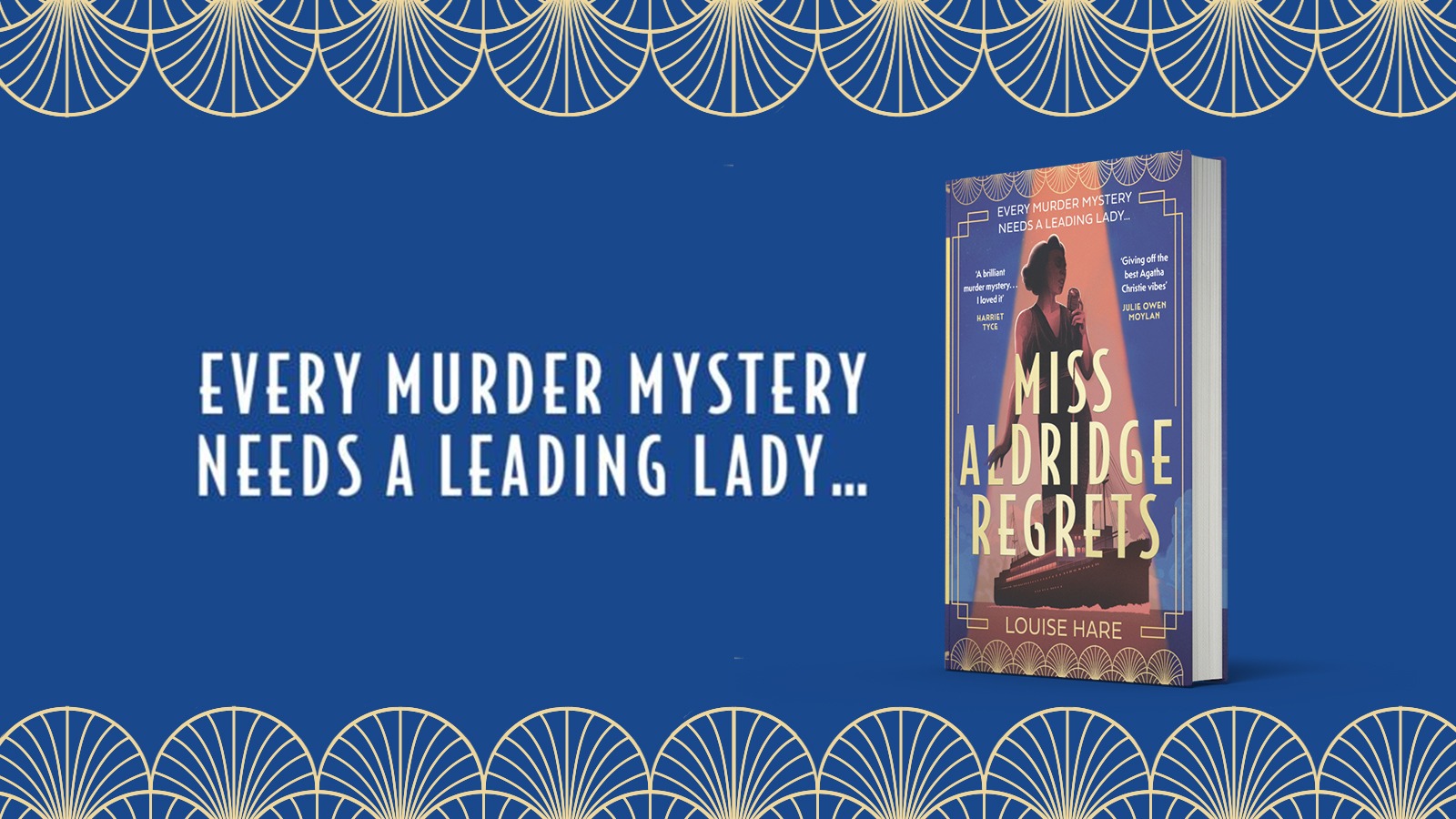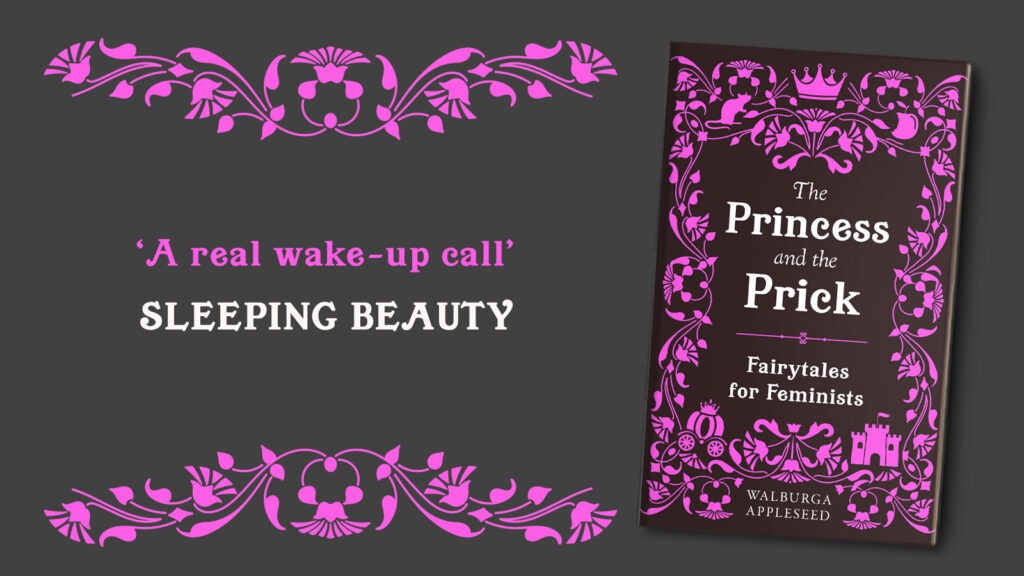Author Louise Hare tells us about the inspiration behind her new novel, Miss Aldridge Regrets, a gripping cross-Atlantic murder mystery set in the 1930s. Read below for an exclusive early extract!
Miss Aldridge Regrets started out as a short story. I was trying to finish writing my debut novel, This Lovely City, but because I was studying for an MA in Creative Writing at the time, I had to keep submitting new writing for that course. I’d just written a scene in This Lovely City where the protagonists, Lawrie and Evie, go for a night out in a Soho jazz club. Amidst the drama of that scene, there is a quiet moment when Evie notices the singer onstage and wishes they could stay and listen. That woman onstage is barely mentioned, but for some reason she stuck in my head and a version of her became Lena Aldridge.
The short story was about a murder in a sleazy Soho jazz club. At the end of the story, the protagonist, a jazz singer, leaves the club with a ticket in hand for passage to New York. Although my tutors liked the story, it didn’t feel finished. They wanted to know what happened to her next, how she processed the events that had taken place in the story itself, but also what her new life was going to be. I sat with the idea for a while and then realised that, since I’d already set up a crime, it made sense to carry on the murder mystery. A little bit Agatha Christie, a little bit Patricia Highsmith (I love her psychological thrillers and the way she can make you root for a bad guy!).
This novel was a lot of fun to write, especially once I’d chosen the Queen Mary as my location. She was such an icon of the times, and there are literally piles of books written about her – everything from the engineering specs to the menus onboard. At the British Library I found 1936 copies of the Ocean Times daily newspaper that was handed out at sea. I could see which movies they showed on which day, see photographs of every public room from Cabin class (their name for First class) to Third Class. The literal segregation of the classes onboard lent itself to one of the themes of the novel, one of passing, both racially (since Lena is mixed race but passing as white) and in terms of class. Lena may be travelling with the rich and famous, but she is most definitely not one of them!
Writing a novel during a pandemic is not easy but I loved writing this book. Lena was such an enjoyable character to spend time with. She makes mistakes and she’s not perfect, but I think that’s why I like her so much. I’m very excited to be writing another book in this series and I hope readers are as excited to begin Lena’s journey as I am to be continuing it with her.
PROLOGUE
The doorman barely glanced at me as I approached, slipping past him and down the stairs into the basement club, the stale air thick with cigarette smoke. No one here knew who I was; no one cared. It was a risk, but I’d had to come. The wig that concealed my real hair, the long trench coat that hung almost to my ankles, the glasses from a dress-up box, they lent to me a new persona. My own mother wouldn’t have recognised me, let alone Lena Aldridge. She may have possessed both common sense and ambition, but from what I’d learned about her, she rarely used the two together. Why else would she still be working at the Canary Club?
The place was a dive but it was packed. The drinks were cheap and the clientele was mostly made up of young couples, none of whom gave me a second glance. I lurked at the back of the room, out of place without a companion by my side. The club wasn’t as sleazy as I’d expected, a pleasant surprise. Apart from the owner that is. I could see Tommy Scarsdale, sitting right at the front where I’d been told he would be, on show for the crowd. A too-young girl leaned into him and he gave her a sloppy-looking kiss. He was more than old enough to be her father. He deserved everything coming to him.
I slid behind a table in the back, out of sight, as Lena was announced to the stage. I’d heard so much about her that seeing her for the first time, it was as though I already knew her. I ordered a drink from a girl whose skirt was short enough to show off her stocking tops. The waitress’s cheeks were rouged like a clown and her caked mascara had begun to flake in the steam caused by a low ceiling and damp weather, every newcomer laden down with a wet coat and a sodden umbrella to add to the humidity.
Lena can sing, I’ll give her that. Her dress was cheap and she looked like she’d rather be somewhere – anywhere – else, but every man in the audience was watching her, most of the women too. What must that feel like, to hold sixty or so random strangers in the palm of your hand? A temporary sort of power, but still…
Two couples were trying to force themselves into a space made for one, the girlfriends giggling as they shared the spare chair at my table.
‘Here,’ I offered my table, standing up as I pushed my untouched drink away. ‘I’m leaving in a moment anyway.’ They smiled and thanked me, then lost interest. I loitered by the exit, my heart beating hard, in time to the drums on stage. Not long now. As long as everything went to plan.
I watched Tommy Scarsdale knock back his drink. An Old Fashioned, to which he had added his own sprinkling of cyanide. A green-bound Agatha Christie novel from Hatchards on Piccadilly gave me the idea, the best sixpence I’d ever spent. It wasn’t long before he realised something was wrong, his hand clutching at his neck, ripping at his tie, trying to catch a breath. It was over quickly, not that I could see. Being right at the back, those closer stood to get a better look at the dying man. Macabre, really.
It didn’t matter that I couldn’t see the man on the floor, that I had to imagine his body seizing in the throes of death. I could see Lena just fine. The horror on her face, the realisation that this man she had despised, had so often wished dead, was dying right before her. She stood there, frozen to the spot, then looked across at her friend, the new widow, their eyes meeting. Shared guilt.
The first doorman charged down the stairs and began to push his way through the crowd. When the second doorman appeared, I slipped past him while his back was turned and ran lightly up the steps before anyone could stop me. Outside, the rain had ceased. I took it as a sign of my good fortune continuing and walked home on a cloud of jubilation. I’d done it. I’d actually pulled it off.
There was no turning back now.
Louise Hare’s new novel, Miss Aldridge Regrets, is available here.





